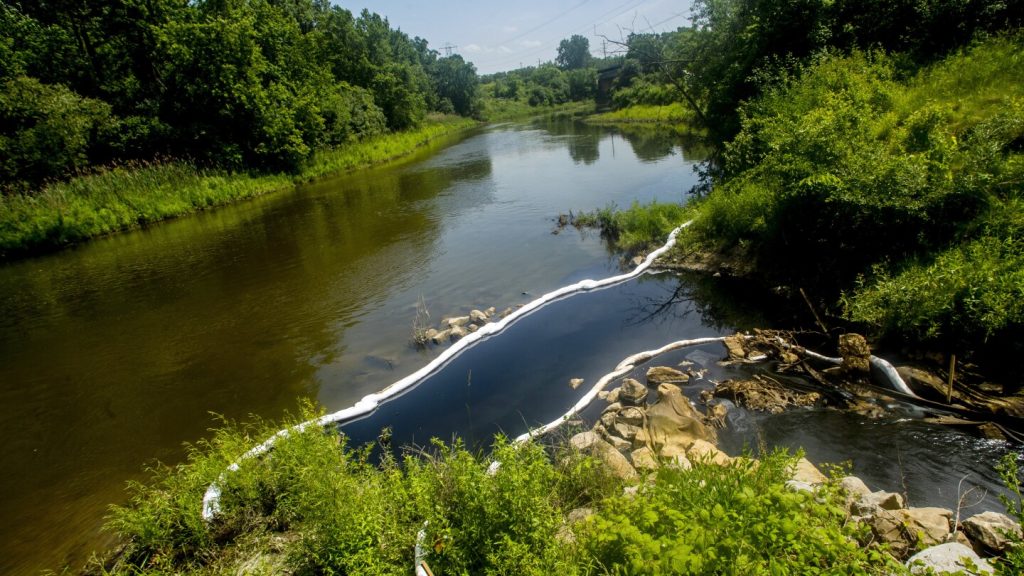Minhas, the president of Lockhart Chemical, has been arrested and charged in connection with an unauthorized discharge of oil into the Flint River in Michigan more than two years ago. The charges include falsely altering a public record, substantial endangerment to the public, discharge of injurious substances, and false statements regarding air pollution control. The company allegedly mismanaged critical maintenance and upgrades at its facility, leading to the release of about 15,000 gallons of an oil-chemical mixture into the river through a storm sewer that discharges into the waterway.
As a result of the discharge, the state required Lockhart Chemical to cease the use of defective wastewater and stormwater conveyance systems immediately and implement other changes. The company has since filed for bankruptcy, and officials have stated that Flint’s drinking water was not affected by the spill. Flint had previously used the Flint River for drinking water in 2014-15, but switched back to water from Lake Huron due to lead contamination. Minhas has been released on a personal bond and is set to appear in court for a probable cause conference on January 2. Attempts to reach Lockhart Chemical for comment were unsuccessful, as the company’s listed telephone number was disconnected.
The unauthorized discharge of oil into the Flint River by Lockhart Chemical has raised concerns about environmental contamination and public health risks in the area. The charges against Minhas and the company highlight the need for stricter regulations and oversight of industrial facilities to prevent such incidents from occurring in the future. The mishandling of critical maintenance and upgrades at the facility demonstrates the importance of proper management and compliance with environmental laws to protect water sources and ecosystems.
The bankruptcy filing by Lockhart Chemical following the oil spill raises questions about the financial implications of environmental violations for companies. The potential consequences of environmental disasters on a company’s operations and reputation underscore the importance of responsible and sustainable business practices. The impact of the discharge on the Flint River serves as a reminder of the fragile balance between industrial activities and environmental conservation, and the need for businesses to prioritize environmental stewardship in their operations.
Moving forward, it will be crucial for regulators and lawmakers to review and strengthen environmental regulations to prevent similar incidents from happening again. The case of Lockhart Chemical highlights the potential consequences of negligence and non-compliance with environmental laws, and the importance of holding companies and their executives accountable for their actions. The aftermath of the oil spill in the Flint River should serve as a wake-up call for industries to prioritize environmental protection and sustainability in their operations to avoid further harm to ecosystems and public health. By learning from this incident and implementing stricter enforcement measures, we can work towards ensuring the protection of our natural resources for future generations.


